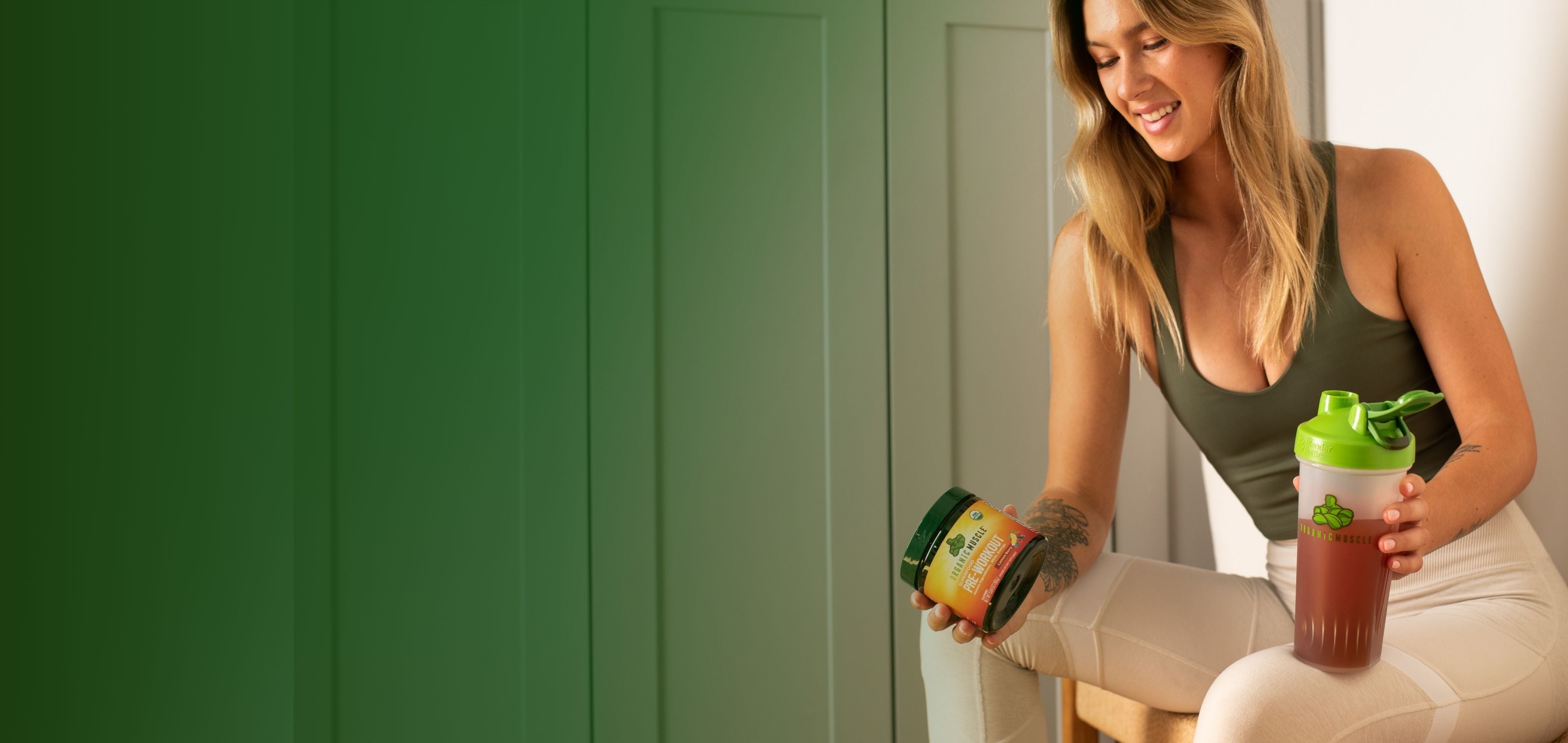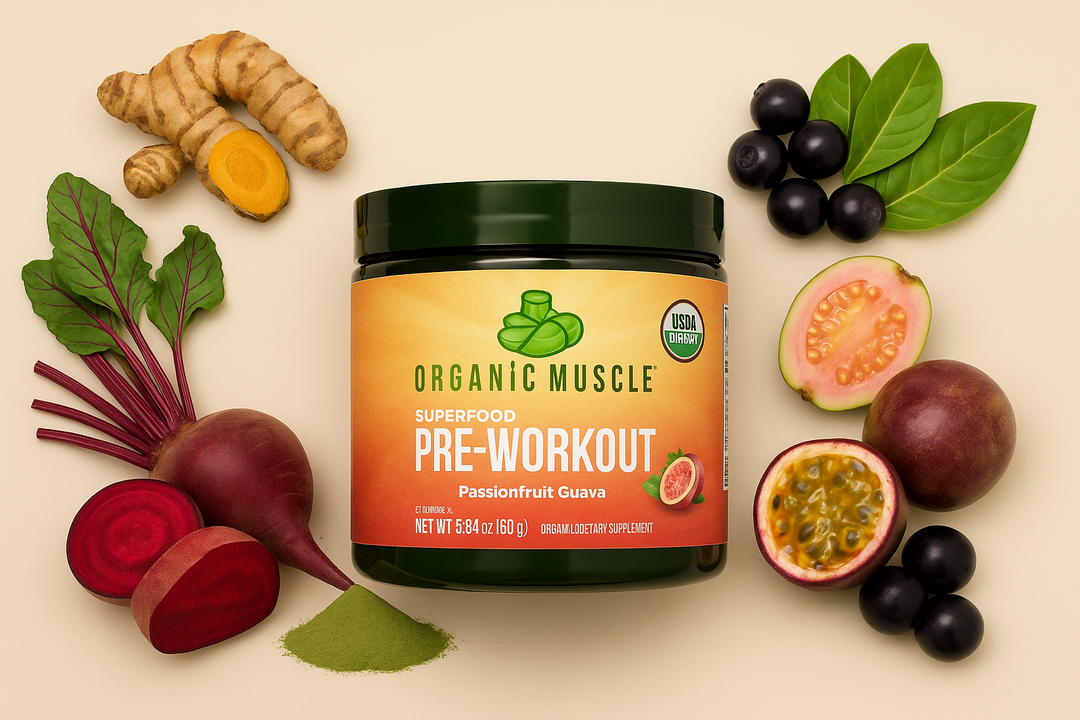We have all heard the claims that you can't build or maintain muscle mass on a plant-based diet. These claims have accumulated quite a following with the backing of many strongmen, bodybuilders, and professional athletes over the years. Some might say this is rightfully so, with the science and research that supports whey protein and meat's ability to help build and maintain lean muscle mass. This research is just a result of looking in that direction. We are now beginning to look in the direction of plants and their ability to be just as effective as whey or meat when it comes to building and maintaining lean muscle. This is a direction that is continuously building popularity with mounding scientific evidence and the backing of new athletes all the time.
Plants are now proving that they can replace meat in our diets with companies like Beyond Meat, Impossible Foods, and Gardein making plant-based meat alternatives more available than ever before. Beyond Meats "Beyond Burger" packs 20g of complete plant protein that is free of GMO's, gluten, and soy. That makes this plant-based burger comparable to its beef predecessor in comparison to protein power. But how else does this burger stack up to its beefy brother?
When comparing the Beyond Burger to a 1/4lb beef burger the protein level matches up gram for gram at 20g of protein. The primary ingredient in the Beyond Burger is "pea protein isolate" which has been proven to be just as effective as whey protein when it comes to building and maintaining lean muscle mass. No wonder it is also the main protein source in our Organic Vegan Protein Powder.
The fat content of the beef burger comes in slightly lower with 13.2g versus the 18g in the Beyond Burger. While this may seem like a category you would want to give the beef burger a point for, one of the main sources of the Beyond Burger's fat is coconut oil. This plant fat has been proven to provide numerous health benefits including fat loss, improved brain function, and more.

It seems that there may be even more reasons to switch from animal fats to plant fats. A 10-day study done on volunteers 50 and over showed a decreased risk of cardiovascular diseases when eating an animal fat-free diet. Another study done on animals showed lower HDL cholesterol levels were associated with replacing 40% of dietary animal fat with vegetable oil.
Beef has 0g of carbohydrates meaning there is no fiber. The Beyond Burger, on the other hand, has 3g of carbohydrates with 2g of that coming from fiber to make it yield 1g of net carbohydrates. These carbohydrates are essential for promoting muscle growth and energy. Carbs are partially converted to glycogen, which is stored in muscle to power your workouts. That's not all! Evidence supports that fiber intake may benefit your digestion and reduce your risk of chronic diseases like colorectal cancer. This is due to some dietary fiber's ability to feed the "good bacteria" in the gut in the form of prebiotics.

When it comes to mineral content, the Beyond Burger and beef burger match up well in terms of potassium levels with the Beyond Burger slightly taking the lead at 300mg versus beef's 278mg. When it comes to sodium the plant-based Beyond Burger has quite a bit more with 390mg up against the beef burger's 68.9mg. While too much sodium in our diets has been linked to high blood pressure, too little of the very same mineral can cause health problems of there own.
Our bodies require sodium to function properly, something that is especially true for athletes. Hyponatremia is an electrolyte imbalance that comes from a lack of sodium in the body. This imbalance can cause many symptoms such as digestive issues, headaches, dizziness, muscle weakness, pains, spasms, and more. Sodium intake during prolonged exercise in the heat plays a significant role in preventing sodium losses. You can see why sodium would be a key mineral in maintaining peak physique and performance in the gym. These factors made sodium, in the form of mineral salts, a top pick for the world's first Organic Electrolyte Replenisher and intra-workout supplement.
This just goes to show that when you look in the right direction plant-based proteins from sources like pea and rice protein can be just as powerful at building muscle as whey. Especially when they are used together in a blend like our Organic Vegan Protein Powder. Plus, thanks to companies like Beyond Meat, plant-based muscle growth doesn't have to rely solely on protein powder!














